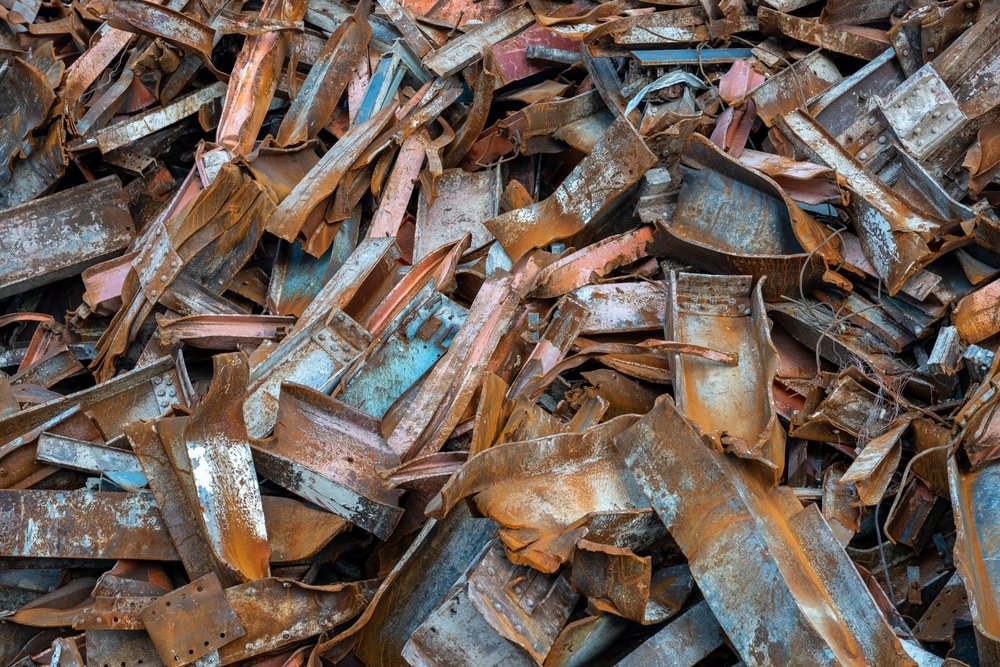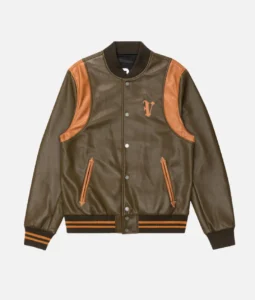The metal recycling industry is built on consistency and transparency, two things that are crucial when buying and selling metal scrap. But how do you ensure you’re getting the right quality and grade of scrap metal? This is where ISRI specifications come into play. If you’re dealing with a scrap supplier or monitoring the metal scrap price in Pakistan, understanding ISRI standards can help you make better purchasing decisions and avoid costly mistakes.
ISRI specifications provide precise guidelines for identifying and classifying metal scrap, ensuring that buyers and sellers are on the same page regarding quality and pricing.
What Are ISRI Specifications?
ISRI specifications are a set of standardized guidelines developed by the Institute of Scrap Recycling Industries. These guidelines define the quality, composition, and type of various metal scraps, ensuring consistency in the global scrap metal trade. The aim is to make the buying and selling process more transparent by providing a universal language for scrap metal traders.
Whether you are purchasing ferrous or non-ferrous metals, ISRI specifications help eliminate confusion by clearly defining what you are getting. These specifications are used by scrap buyers, sellers, recyclers, and brokers to ensure the material meets certain quality standards.
When it comes to metal recycling, ISRI specifications serve as a universal rulebook, ensuring everyone in the supply chain has the same expectations.
Why Are ISRI Specifications Important for Buyers?
For anyone purchasing metal scrap, from manufacturers to small-scale recyclers, knowing the ISRI specifications offers several benefits:
1. Consistency and Quality Control
One of the biggest challenges in the scrap metal industry is ensuring consistent quality. By adhering to ISRI specifications, scrap suppliers and buyers ensure that each batch of metal meets industry-standard requirements. This minimizes disputes over the material’s condition and quality.
2. Fair Pricing
ISRI specifications allow you to compare offers more effectively and negotiate based on the defined standards. Without these specifications, sellers may attempt to sell lower-quality metal for higher prices. When discussing the metal scrap price in Pakistan, knowing ISRI standards can ensure you’re not overpaying for substandard material.
3. Transparency in Trade
With ISRI specifications, there’s a common understanding between buyers and sellers, reducing the chances of miscommunication. Whether you’re sourcing from a local scrap supplier or engaging in international trade, the specifications ensure that both parties are aligned regarding the type and quality of metal.
4. Regulatory Compliance
ISRI specifications are recognized globally and often referenced by government agencies, customs departments, and recycling centers. By sticking to these standards, you can avoid legal complications and ensure smooth transactions in both local and international markets.
How Are ISRI Specifications Categorized?
The ISRI specifications cover a wide range of materials, from ferrous and non-ferrous metals to electronics and plastics. Here’s how they are primarily categorized for metal scrap:
1. Ferrous Metals
Ferrous metals include scrap that contains iron, such as steel and cast iron. ISRI specifications break down these metals into different grades based on their quality and physical characteristics.
- Example Specification: No. 1 Heavy Melting Steel (HMS) is a grade of ferrous metal that specifies thick, uncoated steel scrap.
2. Non-Ferrous Metals
Non-ferrous metals like copper, aluminum, and brass are often more valuable than ferrous metals. The ISRI provides specific guidelines for different grades of non-ferrous metals to ensure purity and quality.
- Example Specification: The ISRI code for aluminum scrap, such as Twitch, indicates clean, lightweight aluminum free from iron and other contaminants.
3. Specialty Metals
ISRI also covers specialty metals and alloys, which include materials like stainless steel, titanium, and high-performance metals often used in aerospace and medical industries.
Understanding these categories helps you ensure that the scrap you are purchasing fits the needs of your business or recycling program.
Common ISRI Specifications for Metal Scrap
Here are a few commonly referenced ISRI codes that may come up when dealing with a scrap supplier or checking the metal scrap price in Pakistan:
| Material | ISRI Code | Description |
| No. 1 Copper | Bare Bright | Clean, uncoated, unalloyed copper wire, free of contamination. |
| No. 1 Heavy Melting Steel | HMS 1 | Heavy melting steel, at least ¼-inch thick, unpainted. |
| Aluminum Extrusions | Tense | Mixed aluminum castings, typically automotive parts. |
| Stainless Steel Scrap | 18/8 | Stainless steel scrap containing 18% chromium and 8% nickel. |
| Brass | Honey | Yellow brass scrap, free from contamination and other alloys. |
Each of these codes has specific guidelines on what type of material is accepted, which helps both buyers and sellers ensure they are trading the correct grade of scrap metal.
How Do ISRI Specifications Affect Metal Scrap Prices in Pakistan?
The metal scrap price in Pakistan is influenced by several factors, one of which is adherence to ISRI specifications. Prices vary depending on the quality and grade of the scrap, with higher-grade metals fetching better prices. Here’s how ISRI standards impact pricing:
- Higher Quality = Higher Price
Adhering to ISRI specifications means that the scrap you are buying or selling meets industry standards, which usually results in higher market value. For example, clean copper (ISRI Bare Bright) is more expensive than mixed or contaminated copper scrap due to its purity. - Transparent Pricing
Since ISRI specifications standardize the grading process, buyers can more easily compare the prices offered by different suppliers. For example, when comparing steel prices, you can differentiate between No. 1 Heavy Melting Steel and other lower-grade steel scraps, ensuring you’re getting the correct material for the price you’re paying. - Global Market Alignment
ISRI specifications are used worldwide, meaning they help align prices between local and international markets. If you’re exporting or importing scrap metal, having standardized specifications allows you to better gauge pricing on a global scale and avoid discrepancies.
How to Find an ISRI-Compliant Scrap Supplier
Not every scrap dealer adheres to ISRI specifications, especially in markets where regulations are less strict. Here’s how to ensure you’re working with an ISRI-specifications scrap supplier:
- Check Certifications
Suppliers who follow ISRI guidelines will often display certifications or affiliations with ISRI or similar organizations. This ensures they are trading materials that meet industry standards. - Ask for Documentation
When dealing with a scrap supplier, always ask for documentation regarding the material’s quality and grade. This should align with ISRI specifications, ensuring transparency in the transaction. - Get a Sample
Before making a large purchase, request a small sample of the metal scrap. Use this to compare the material against the ISRI guidelines, ensuring it matches the advertised grade.
Final Thoughts: Why ISRI Specifications Matter When Buying Metal Scrap
All in all, understanding ISRI specifications is essential when buying or selling metal scrap. These standards help ensure you’re getting the right quality of metal at a fair price, whether you’re dealing with ferrous or non-ferrous materials. By adhering to ISRI guidelines, buyers and suppliers can avoid miscommunication, ensure fair pricing, and improve the quality of recycled materials.
If you’re involved in the metal scrap trade, it’s important to partner with a reputable, ISRI-compliant scrap supplier and keep an eye on the metal scrap price in Pakistan to get the best deals for your business.
Knowing ISRI specifications helps you understand exactly what you’re paying for when buying metal scrap.
Stay in the loop for more details on iktimes!












